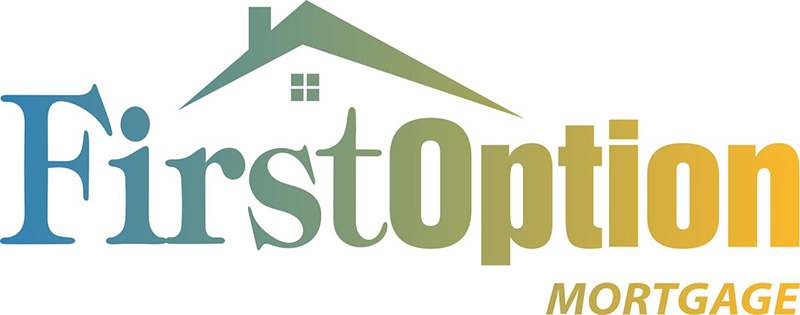There are a few kinds of mortgage refinancing options, but one of the most common options is a cash-out refinance. This kind of refinance option lets you convert your home equity into cash. The way this is accomplished is a new mortgage is taken out for a bigger number than the previous balance of your mortgage, and you receive the difference between the two in cash.
In the real estate industry, refinancing is a common process for when someone wants to replace an existing mortgage with a new one that usually gives the borrower some terms that are more favorable than their previous agreement. Refinancing a mortgage may also help you decrease monthly mortgage payments, negotiate for a lower interest rate, renegotiate loan terms, add or remove specific borrowers from a loan, and get your hands on cash from the equity of your home like a cash-out refinance does.

How Cash-Out Refinances Work
If you decide to do a cash-out refinance, you can use your home as collateral for a new loan. You can also use some cash along with your home, allowing you to create a new mortgage for a larger amount than what you currently owe. Getting cash through your home equity is known to be an easy way to get money for things you want, other expenses, and emergencies.
The way a cash-out refinance works is a borrower will find a lender that wants to work with them. The lender goes over the current mortgage terms, the balance that is needed to pay off the loan, and the potential borrower’s credit information. They then make an offer based on an underwriting analysis. The borrower then gets a new loan that pays off their old loan and puts them into a new monthly installment plan. Once this is ready to go, the amount beyond the mortgage payoff is given to the borrower in cash.
A standard refinance doesn’t let the borrower see any cash, but there is a decrease in their monthly payments. Cash from a cash-out refinance can be used for whatever a borrower wants, but the money is usually used for big expenses like paying for college or medical bills.
With a cash-out refinance, you get less equity in your home because the lender is taking on greater risk. Because they take on extra risk, closing costs, fees, or interest rates can be higher than a standard refinance. If you’re a borrower for a special mortgage like a VA loan or cash-out loan, you can be refinanced through favorable terms, lower fees, and lower interest rates compared to non-VA loans.








